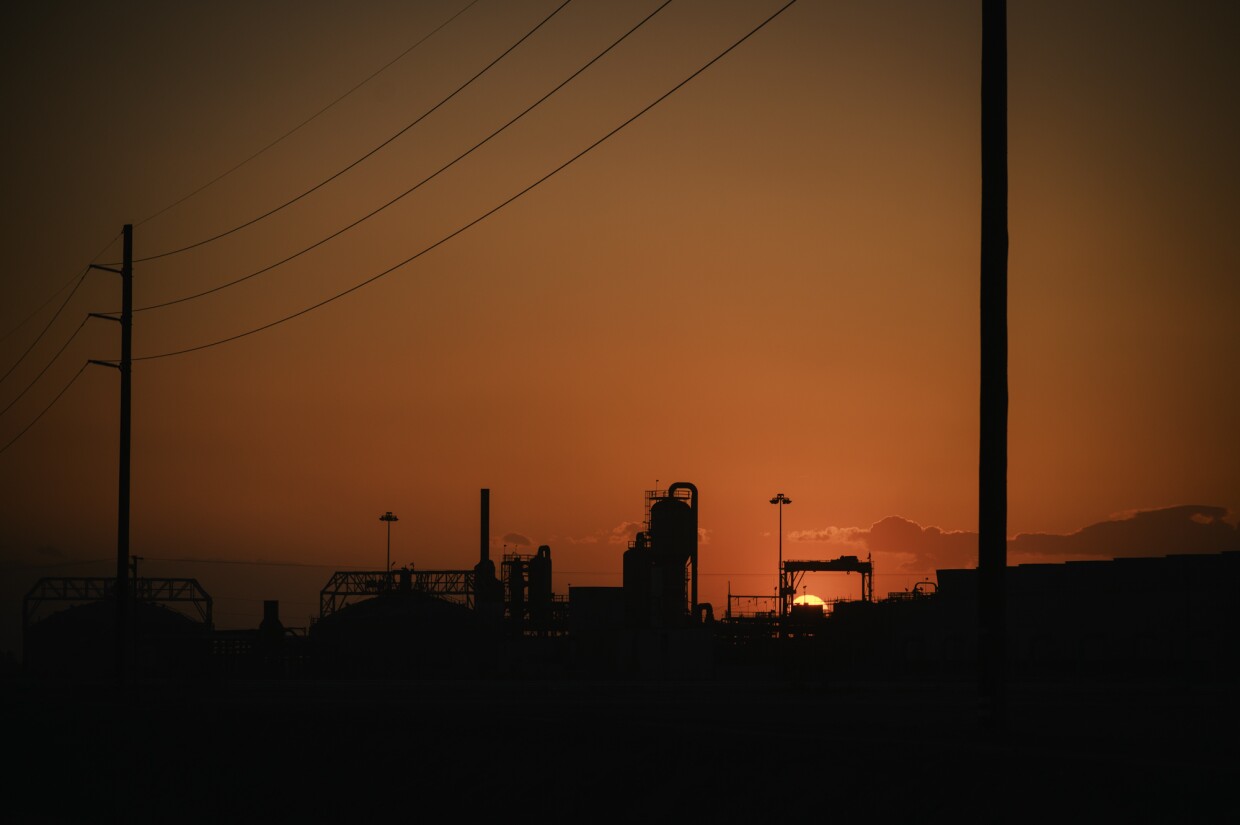With Imperial County’s lithium industry in its early stages, several environmental justice advocates and labor groups are launching a new effort aimed at ensuring that residents won’t be left behind.
The groups are asking the three major energy firms exploring lithium extraction in the region to sign binding legal commitments called community benefit agreements, or CBAs. They want the companies to agree to provide good local jobs, protect residents from environmental harm, and respect the rights of tribes.
The effort will be spearheaded by a new coalition called Valle Unido Por Beneficios Comunitarios. It’s made up of seven organizations, including the longtime local environmental justice group Comite Civico del Valle and the United Auto Workers Region 6, which represents workers throughout the Western United States.
“Any developments in Lithium Valley must prioritize health,” said Daniela Flores, founder of Imperial Valley Equity and Justice, at a press conference in Calipatria on Tuesday. “They have to prioritize the well-being of the people, and they have to prioritize the economic prosperity of our community.”

The announcement follows months of fierce disagreement between environmental justice groups and Imperial County leaders over the nascent industry.
Many, including residents, environmental advocates and state and local officials, see the developing lithium industry as a force for change that could bring new jobs and prosperity.
But organizers have sharply criticized several decisions by the county Board of Supervisors, including their decision to greenlight the region’s first lithium plant late last year and a controversial spending plan for future tax revenue.
In return, several supervisors warned that they need to move swiftly if the lithium industry is to succeed. They argued that the Imperial Valley was in a tight race against other parts of the country like Nevada and Arkansas to become a major domestic supplier of the mineral — a key component in electric vehicles and other battery technology.
Environmental advocates have emphasized repeatedly that they support lithium production but want to make sure the industry supports the valley’s workers and doesn’t worsen the environmental hazards that already exist.
Environmental justice battles are not new to Imperial County. The vast majority of residents — more than 86% — identify as Latino. But the county is also one of California’s poorest and faces ongoing hazards like the drying Salton Sea, polluted air and some of the most extreme heat in the Western U.S.





